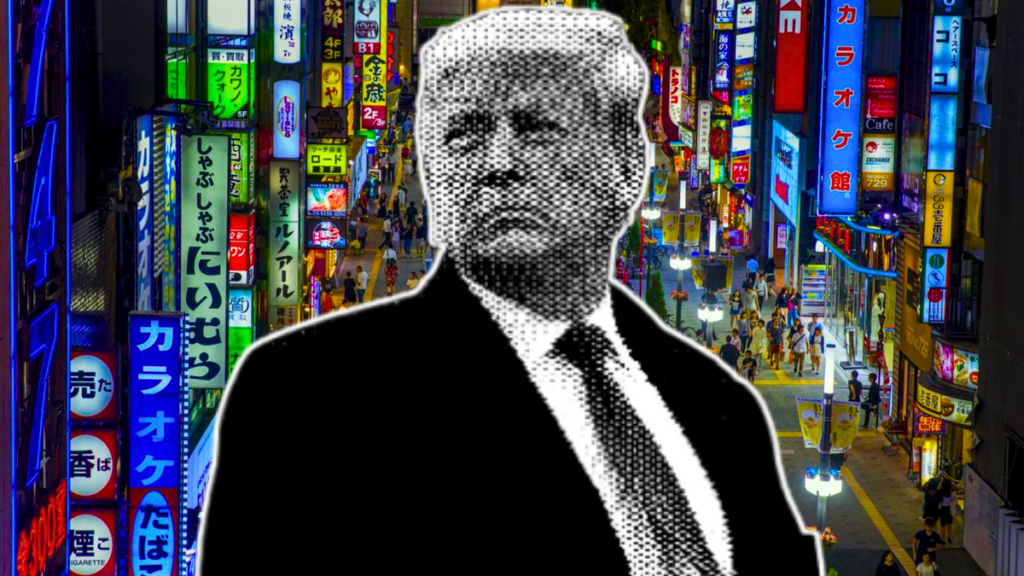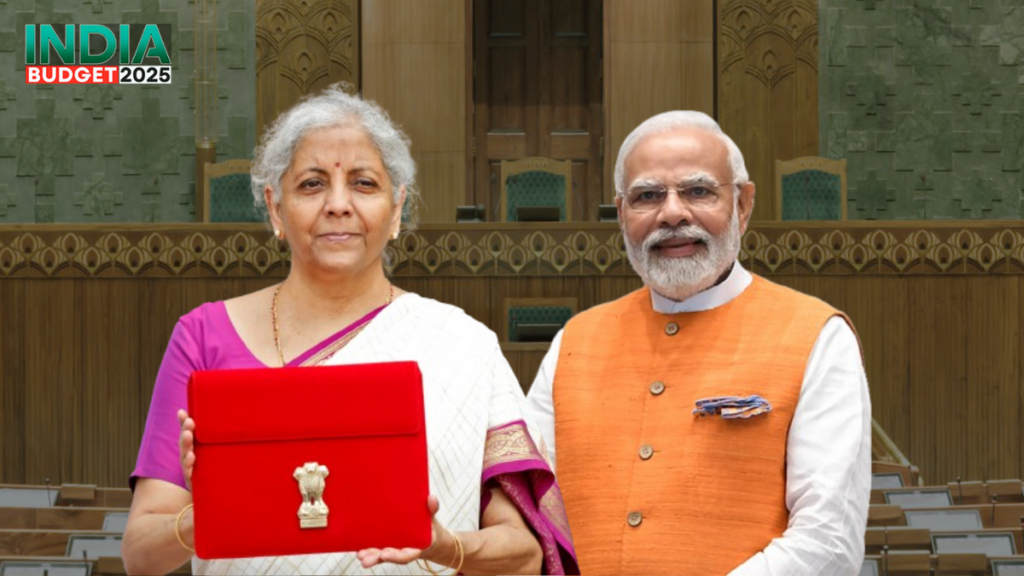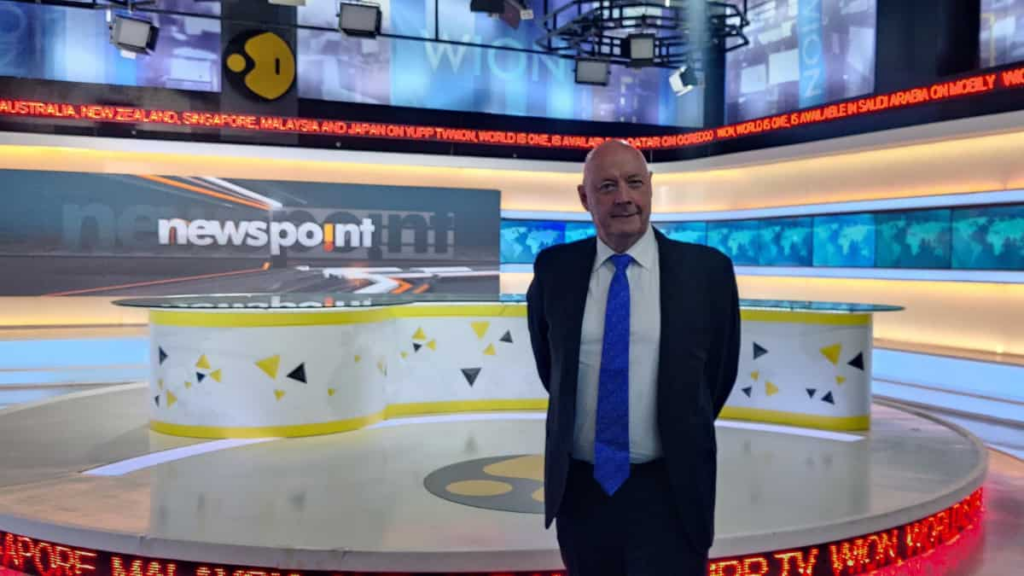
How Donald Trump’s ‘tremendous resentment for Japan’ fueled his tariff obsession
Japanese Prime Minister Shigeru Ishiba and US President Donald Trump met for the first time on Friday (Feb 07). Unlike other allies, Japan has so far avoided the tariffs that the US has imposed.
During their meeting at the White House, both leaders exchanged compliments and reaffirmed their commitment to countering what they described as Chinese “aggression.” They also announced a resolution to a stalled agreement concerning the struggling US Steel.
However, Trump made it clear that Japan must work towards eliminating the US trade deficit with the country. He cautioned that if Tokyo failed to meet this demand, it could still face tariffs on its exports. While, the Friday meeting was warm and friendly, Trump hasn’t always been that way with Japan.
In the 1990s, when Donald Trump had financial troubles and needed money quickly, he took his 282ft (85m) superyacht, the Trump Princess, to Asia to attract wealthy Japanese buyers.
This was not his first time looking for Japanese investors. During this time, he formed his views on trade and America’s relationships with other countries, leading to his strong belief in tariffs: taxes on imports.
Trump’s tremendous resentment for Japan
Barbara Res, a former executive vice president at the Trump Organisation, told the BBC that Trump had “a tremendous resentment for Japan.” She said he disliked how Japanese businessmen were seen as smart and felt the US was not getting enough in return for protecting Japan.
Trump often complained about how hard it was to make deals with large groups of Japanese businessmen. “I’m tired of watching other countries ripping off the United States,” he said.
Also read: ‘Is Time Magazine still in business?’ Trump asks after ‘President Musk’ cover
Allies should ‘pay their fair share’
After releasing his 1987 book, The Art of the Deal, Trump spoke out against America’s trade policies in various interviews. On The Oprah Show, he told Oprah Winfrey that America’s allies should “pay their fair share” and accused Japan of “dumping” products into the US while making it “impossible to do business” there.
At the time, Japan was becoming a big competitor in manufacturing, especially in electronics and cars. As US factories closed and Japanese brands grew, some experts believed Japan might overtake the US as the world’s biggest economy.
Also read: Trudeau says Trump’s threat to absorb Canada into US is a ‘real thing’
Before his interview with Oprah, Trump spent nearly $100,000 on full-page ads in three major US newspapers to publish an “open letter.” The ad, titled “There’s nothing wrong with America’s Foreign Defense Policy that a little backbone can’t cure,” claimed Japan and other nations were taking advantage of the US. He wrote, “The Japanese, unimpeded by the huge costs of defending themselves (as long as the United States will do it for free), have built a strong and vibrant economy with unprecedented surpluses.”
Trump thought the solution was simple: tax these wealthy nations. “The world is laughing at America’s politicians as we protect ships we don’t own, carrying oil we don’t need, destined for allies who won’t help,” he wrote.
This ad showed Trump’s approach to foreign policy, believing that America’s allies were taking advantage of the country. He rejected the idea that the US should support other nations without getting something in return and instead pushed for a tougher trade policy.
Clyde Prestowitz, who worked with Japan during the Reagan administration, said Trump’s views were not supported by serious experts. “Tariffs are kind of a showy thing that you can say, look what I did, I banged those guys… so you know, you can be a tough guy. Whether or not they are effective in any way is really open to discussion,” he told the BBC.
Also read: PlayStation Network outage disrupts services for PS4, PS5 users; angry gamers demand answers
Prestowitz argued that the real issue, both then and now, is that the US lacks a solid manufacturing strategy, even though it complains about unfair trade.
Till now, Trump’s economic beliefs remain the same. He still sees tariffs as a way to push other countries to open their markets and reduce trade deficits. Joseph LaVorgna, a former chief economist of the National Economic Council during Trump’s first term, told the BBC, “I think that President Trump understands something which is very important, being a businessman and being transactional, and that is free trade is great in theory but in the real world you need to have fair trade and that’s a level playing field.”
(With inputs from agencies)





Responses